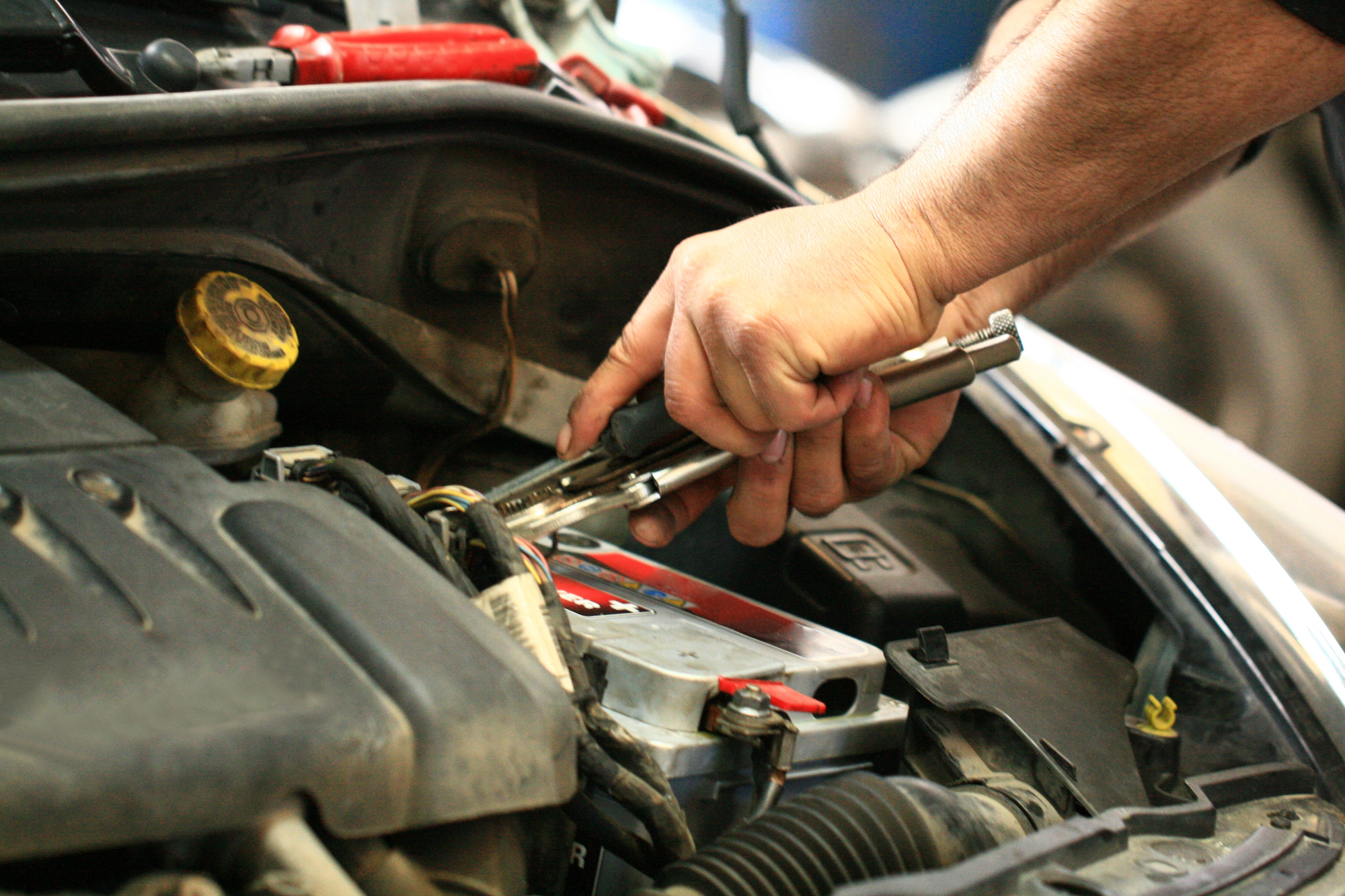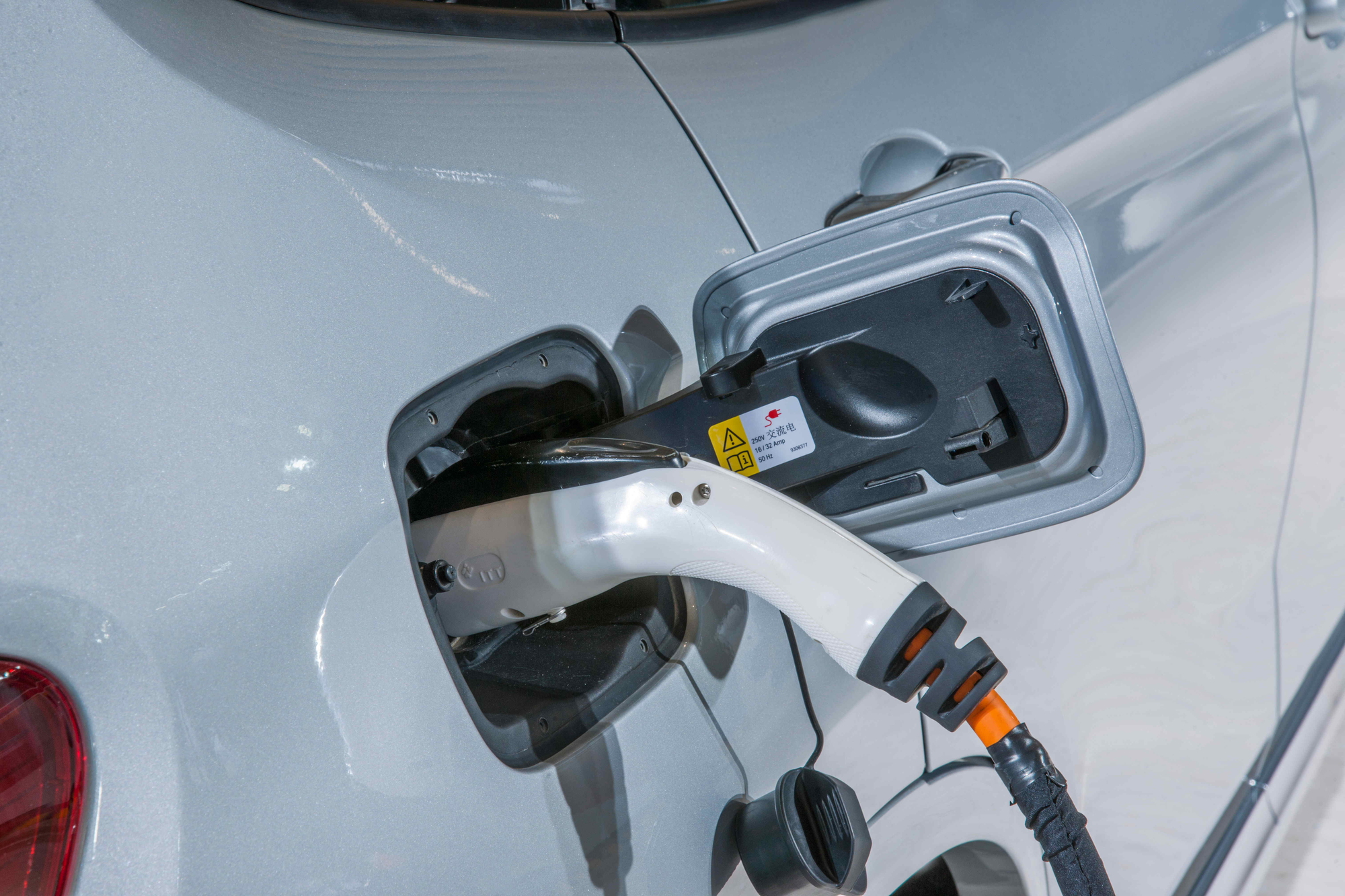The electric vehicle (EV) market has transformed dramatically over the past decade, and France has played an instrumental role in this revolution. At the heart of this shift stands the Renault Zoe, a trailblazer in the EV market that paved the way for other French automakers to innovate. From its uniquely efficient charging system to its influence on models like the Megane E-Tech, the Zoe serves as a case study for how French manufacturers are reshaping the EV landscape.
This blog dives into the Renault Zoe’s legacy, analyses the adaptability of French EV charging technologies, and offers practical insights into how today’s French EVs align with modern infrastructure and future trends.
Renault Zoe’s Role in the EV Revolution
The Renault Zoe has etched its name as one of the most significant electric vehicles of the last decade. Introduced in 2012, the Zoe was designed to make EV ownership more accessible, with affordability and practicality at its core. A standout feature was its innovative charging system, which set new standards in versatility and efficiency.
The Unique Charging System
The Zoe’s charging system was revolutionary at launch. It introduced the Chameleon Charger, which could adapt to different power supplies, offering a range of charging speeds depending on infrastructure availability. This adaptability worked wonders for expanding the appeal of EVs in France, where charging infrastructure was still in its infancy.
This charger made it possible to charge the vehicle at up to 22 kW from public charging stations, providing a quick top-up alternative for urban users without access to home charging. It also handled slower AC charging seamlessly, delivering convenience for rural areas where rapid chargers were less available.
A Trailblazer for French EVs
The Zoe’s impact went far beyond technical innovation. It led the market as a compact, affordable EV with an impressive range, which encouraged widespread adoption across France. By 2020, it was one of the best-selling EVs in Europe, helping to normalise electric cars for the average consumer.
This early success laid the groundwork for other French automakers, setting the stage for a slew of electric vehicles that would expand on its concepts.
From Zoe to the Megane E-Tech and Beyond
With the Renault Zoe as a trailblazer, French automakers like Renault, Peugeot, and Citroën have rapidly expanded their EV offerings. The lessons learned from the Zoe’s success made their next-generation vehicles more competitive and consumer-friendly.
Megane E-Tech Electric
Renault’s Megane E-Tech is a significant step forward. Released in 2021, this vehicle illustrates how far French EV design and engineering have progressed. The Megane E-Tech combines a sleek design, cutting-edge features, and improved range—all on a new modular platform specifically designed for EVs.
Charging technology remains a key focus, with support for both AC and DC fast charging. It accommodates up to 130 kW DC charging, allowing owners to gain approximately 300 km of range in just 30 minutes when connected to a compatible rapid charger. Compared to the Zoe’s Chameleon Charger, this demonstrates significant advancement in charging speeds and compatibility with global standards.
Other French Offerings
Building on the momentum generated by the Zoe and Megane E-Tech, other French manufacturers have also embraced EVs:
- Peugeot e-208: This is a stylish hatchback that rivals the Zoe in terms of affordability and features, offering up to 100 kW charging capability.
- Citroën ë-C4: A perfect blend of comfort and practicality, this model focuses on providing a smooth ride alongside modern charging capabilities.
These models underscore a clear industry-wide trend in French manufacturing—developing EVs that not only meet today’s standards but are also adaptable to future needs.
Adapting to an Evolving Charging Landscape
For EV adoption to thrive, charging technology must evolve in tandem with infrastructure. French automakers have made commendable progress in ensuring their vehicles are compatible with current and emerging charging networks.
Compatibility with Current Charging Infrastructure
- Public Charging:
French EVs like the Renault Zoe, Megane E-Tech, and Peugeot e-208 are designed to work seamlessly with Type 2 and CCS charging standards, which dominate European public charging networks.
- Home Charging:
With the proliferation of smart home chargers, modern French EVs come with onboard chargers supporting up to 11 kW AC home charging. This allows for overnight charging, ensuring the car is fully recharged by morning.
Futureproofing with Rapid Charging
Modern EVs, including the Megane E-Tech, now offer support for ultra-fast DC charging at rates reaching up to 150 kW and beyond. These developments reflect a shift towards futureproofing EV technology, ensuring French cars stay compatible with high-power stations that are gradually becoming the norm across motorways.
Renewable Energy Integration
Another notable innovation is the integration of renewable energy. Many French EV manufacturers now encourage the use of solar-panel-compatible chargers, enabling owners to reduce their carbon footprints further.
Practical Tips for Current and Future EV Owners
Whether you currently own a Renault Zoe or a newer French EV, here are some practical tips to optimise your charging experience and plan for the future:
- Public Fast Charging:
Take advantage of apps like PlugShare or Chargemap to locate fast chargers near you. Look for locations offering CCS rapid charging for the quickest top-ups with newer vehicles like the Megane E-Tech.
- Home Charging Efficiency:
Invest in a smart home charging station that can leverage off-peak electricity rates and integrate with renewable energy sources.
- Stay Updated:
Follow developments in ultra-fast charging technology as it becomes more widespread. Modern vehicles like the Megane E-Tech are designed with these future advancements in mind.
Key Takeaways for Prospective EV Owners
For buyers considering a French EV, these vehicles offer a strong blend of performance, practicality, and forward-thinking technology. Whether you’re eyeing a Renault Zoe as an urban runaround or a Megane E-Tech for longer drives, you can expect compatibility with current charging networks and reassurance that your vehicle is designed with the future in mind.
French automakers have led the charge in making EVs more accessible, and their influence shows no signs of slowing. By staying adaptable and innovative, they remain crucial players in the global automotive transformation.







